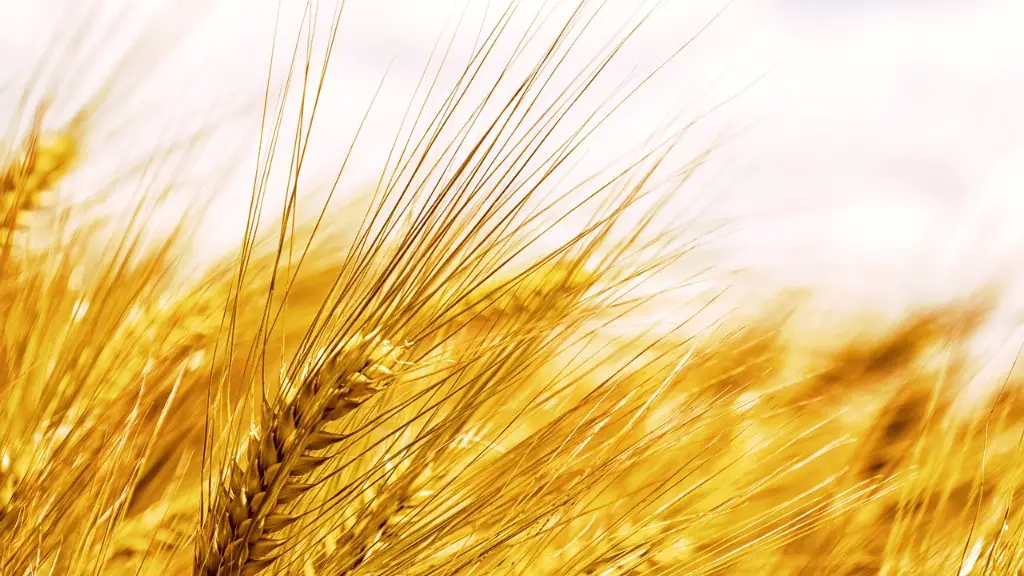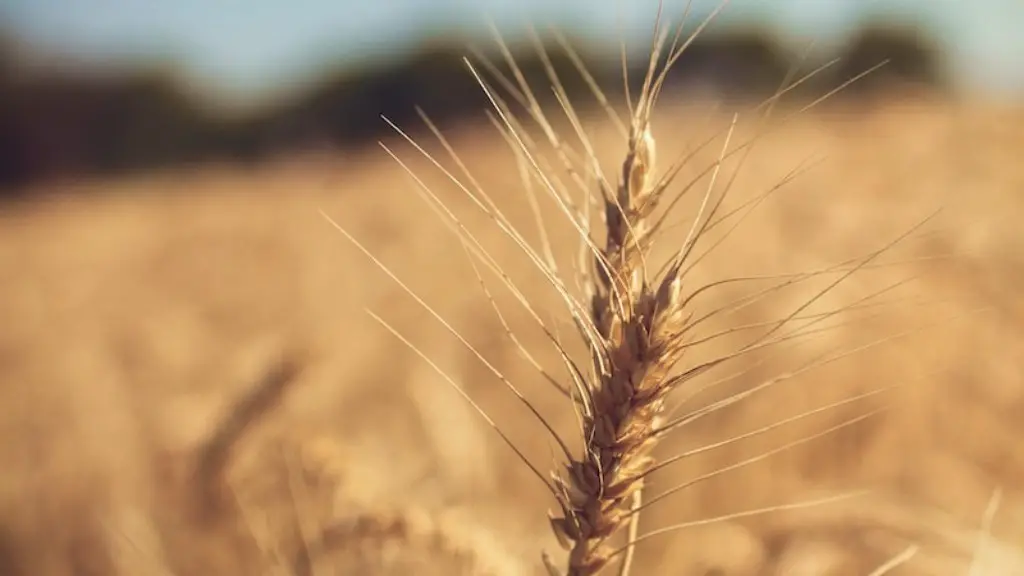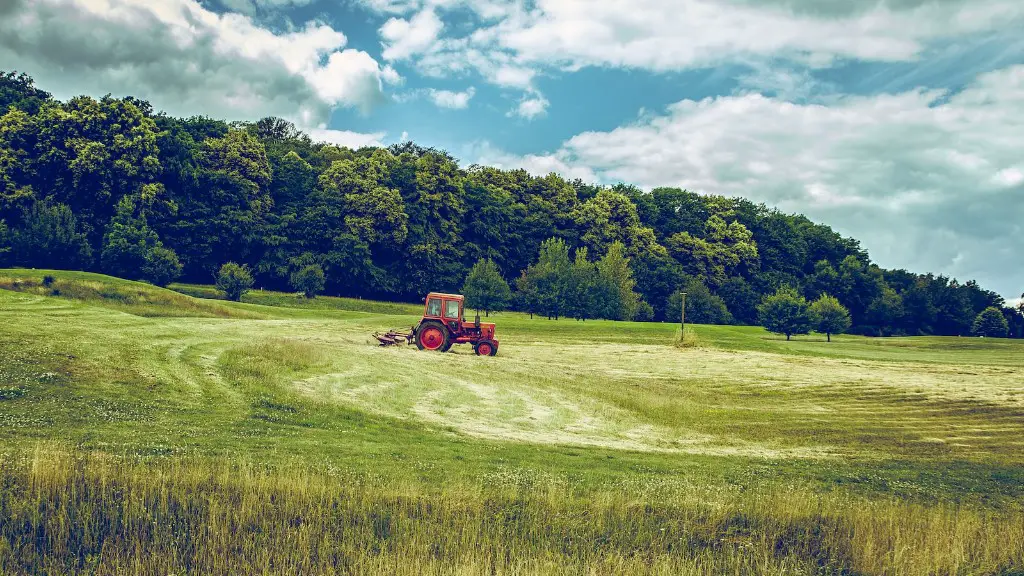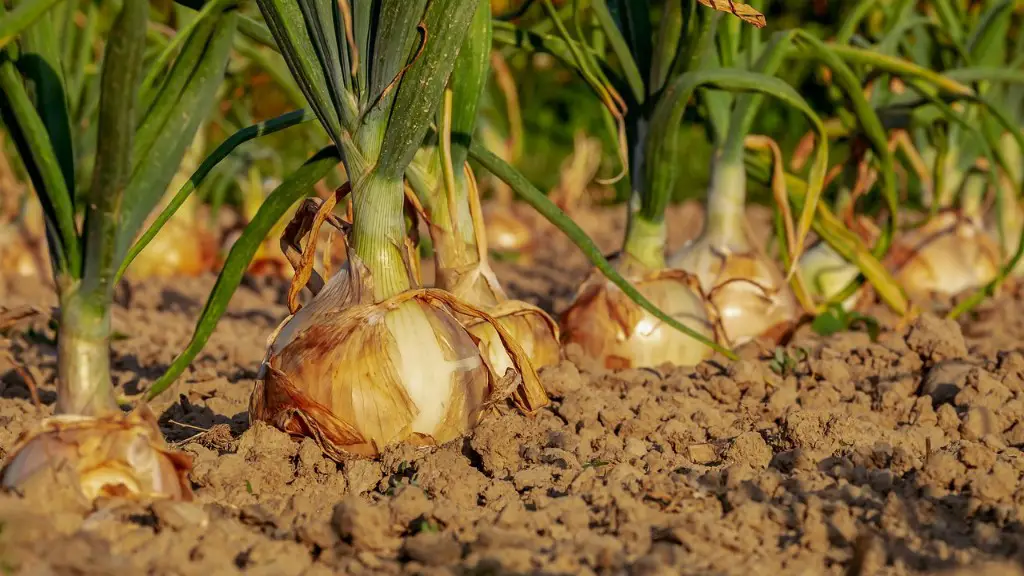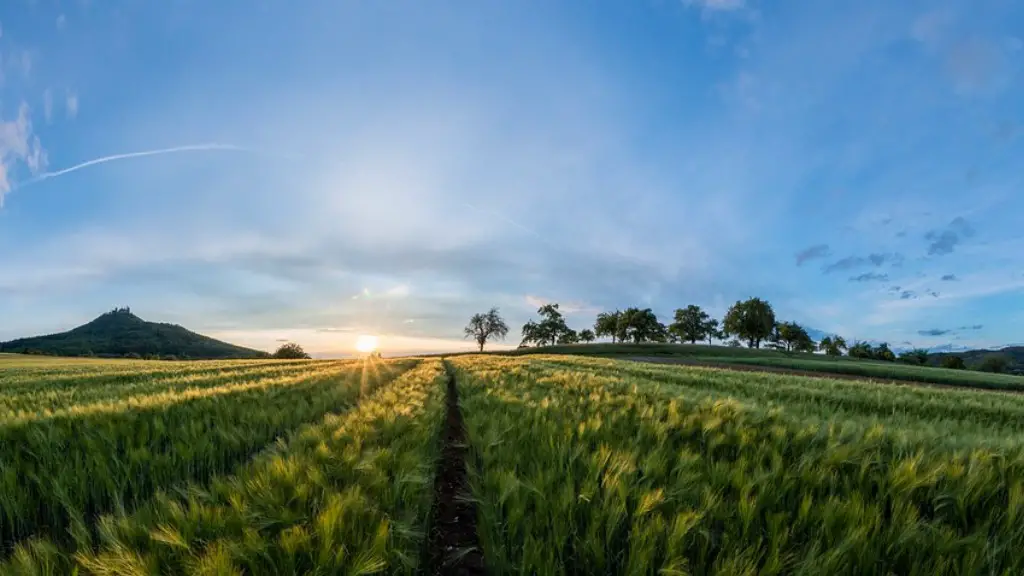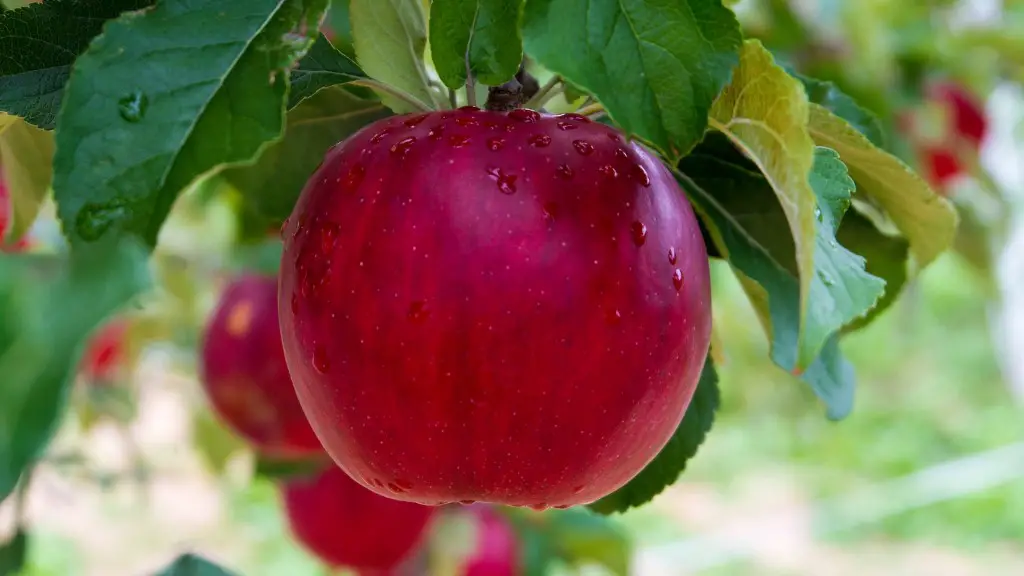The Agricultural Revolution was a period of significant agricultural development that occurred during the 18th and early 19th centuries. This period saw a drastic increase in agricultural productivity and output, due to a number of factors such as the introduction of new crop strains, more efficient farming techniques, and increased use of farm machinery. This increase in agricultural productivity allowed for a rapid population growth, which in turn led to increased urbanization and the rise of industrialization. The Agricultural Revolution was a key factor in the development of modern civilization.
Agriculture allowed humans to domesticate plants and animals, which led to the development of civilizations. Agriculture allowed for the growth of cities and the rise of civilizations. It also allowed for the growth of food surpluses, which allowed for the development of trade and commerce.
How did agriculture change humans?
The growth of cities and civilizations can be traced back to the origins of agriculture. By farming crops and animals, early humans were able to meet the demands of a growing population. Today, the global population has reached over seven billion people thanks to the advances in agriculture.
The agricultural sector plays a vital role in the US economy, contributing around $1264 trillion to the country’s gross domestic product (GDP) in 2021. This sector accounts for 54 percent of the US GDP, with the output of American farms contributing $1647 billion to this total. The agricultural sector is a vital part of the US economy and employs millions of Americans.
How did the Agricultural Revolution benefit humans
The Agricultural Revolution was a pivotal moment in human history, and set the foundation for modern human life as we know it. The ability to stay in one general area and cultivate our own food made life much more manageable, and allowed for the growth of human society in terms of culture, technology, and more. This revolution was a key turning point in our development as a species, and has had a profound impact on the world we live in today.
Agriculture plays a vital role in every society. Here are ten reasons why agriculture is important:
1) It’s the main source of raw materials: Agriculture is the main source of raw materials for industries.
2) It’s important to international trade: Agriculture is a key sector in international trade.
3) It plays a big role in a nation’s revenue: Agriculture contributes significantly to a nation’s revenue.
4) It provides employment: Agriculture provides employment for a large number of people.
5) It’s crucial to a country’s development: Agriculture is crucial to the development of a country.
6) It can help heal the environment: Agriculture can help heal the environment by sequestering carbon and other pollutants.
7) It goes hand-in-hand with war: Agriculture is often a key sector in wars, as it provides the food and raw materials needed to sustain armies.
8) It’s a driver of economic growth: Agriculture is a driver of economic growth, as it increases productivity and incomes.
9) It helps to feed the world: Agriculture helps to feed the world’s growing population.
10) It’s an essential part of human life: Agriculture is
What are 3 effects of agriculture?
While the development of agriculture in a region can have positive affects on the natural life, oxygen production and climate, it can also lead to negative consequences such as inorganic nitrate pollution, pesticide pollution and salinity problems. These problems are especially prevalent in regions where agriculture is practiced intensively.
Urban farming has a variety of benefits that are becoming more and more acknowledged. These benefits include lower greenhouse gas emissions, minimal transportation requirements, and reduced energy use for food production. As the benefits are becoming more and more acknowledged, the trend of urban farming is starting to become quite popular.
Why is agriculture important to human society?
Agriculture is one of the most important industries in the world as it provides most of the world’s food and fabrics. Cotton, wool, and leather are all agricultural products, and agriculture also provides wood for construction and paper products. The types of products and methods used in agriculture vary from one part of the world to another.
The role of the agricultural industry in providing the world’s food supply cannot be understated. Agriculture is responsible for everything from harvesting crops to raising livestock, and provides the necessary food for both vegetarians and carnivores. Given the importance of the agricultural industry in meeting the world’s food needs, it is clear that the most important aspect of the agriculture industry is its ability to provide a reliable food supply.
What are the most importance of agriculture
The World Bank Group is a leading financier of agriculture. It is committed to helping reduce poverty, raise incomes and improve food security for 80% of the world’s poor, who live in rural areas and work mainly in farming.
The World Bank Group provides financing, technical assistance and policy advice to governments to help them develop and implement policies and programs that will enable their smallholder farmers to compete in global markets. It also helps countries build resilient food systems that can withstand shocks and shocks.
The World Bank Group is working with governments, the private sector and civil society to find innovative solutions to the challenges of agriculture and rural development.
Agriculture is essential to human existence. It is the primary source of food and raw materials for industry. Agriculture also plays a vital role in the development of communities. Without agriculture, human civilization would not be possible.
What are 3 facts about agriculture?
Agriculture is vital to the world – it provide food, fuel, and fiber. Here are 5 quick facts to help understand its importance:
1. Agriculture is the single largest employer in the world
2. There are 914 million acres of farmland just in the US
3. The average US farmer can feed 155 people
4. Beef farming accounts for 29% of American farms
5. Agriculture is responsible for 10% of the world’s greenhouse gas emissions
The Agricultural Revolution was a time of unprecedented increase in agricultural production in Britain. This was due to new agricultural practices such as crop rotation, selective breeding, and a more productive use of arable land. These new practices allowed for a more efficient use of resources and resulted in a higher yield of crops. The Agricultural Revolution had a profound impact on British society, as it led to a significant increase in the food supply and a growth in the population. It also contributed to the industrialization of Britain, as the increased demand for food spurred the development of new technologies and infrastructure.
What are 5 reasons why agriculture is important
Agriculture provides raw materials to many industries such as cotton and jute fabric, sugar, tobacco, edible as well as non-edible oils. These industries are important for the economy of a country. Agriculture also provides raw materials to other industries such as processing of fruits as well as vegetables and rice husking.
The agricultural revolution led to denser populations and larger settlements as food became more abundant. This allowed people to pursue other interests beyond simply securing enough food to eat each day.
How does agriculture help the economy?
Agriculture plays a very important role in economic growth and development. It is the provider of food, which is a cornerstone of human existence. Additionally, it is a furnisher of industrial raw materials, which contributes to economic activity in other sectors of the economy.
Agriculture is the foundation of any stable economy and without it, it is not possible to have a city, stock market, banks, university, church or army. Agriculture is the main source of food, fibers, and raw materials, and is responsible for the economic development of a country.
Final Words
Agriculture has played a vital role in human history, providing the food and resources that have allowed civilization to flourish. Agriculture allowed for the domestication of plants and animals, which led to the development of civilizations. Agriculture also allowed for the development of trade and commerce, which has been essential for the growth of economies.
The introduction of agriculture allowed humans to control their own food supply, which led to a stable food supply and population growth. Agriculture also allowed for the domestication of plants and animals, which led to the development of civilizations.
